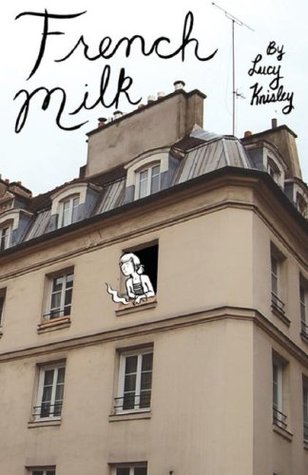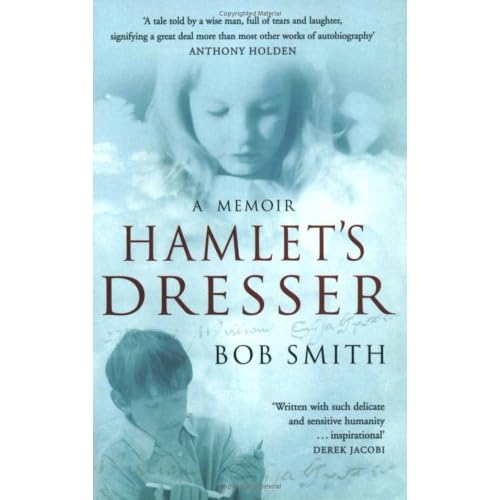The Happiness Project
by Gretchen Rubin
"A 'happiness project is an approach to changing your life. First is the preparation stage, when you identify what brings you joy, satisfaction and engagement, and also what brings you guilt, anger, boredom, and remorse. Second is the making of resolutions, when you identify the concrete actions that will boost your happiness. Then comes the interesting part: keeping your resolutions."
This book is in the amusing and enlightening tradition of other immersion journalism writing: Thoreau's Waldon, A.J. Jacob's
Year of Living Biblically , Elizabeth Gilbert's
Eat, Pray, Love. Each of those books is about someone changing their entire life, uprooting themselves, and drastically altering their lifestyle. While that is all well and good for those of us who have money, time, and bravery,
The Happiness Project is for those of us who don't. It outlines a way for us to change our lives in small ways.
Strangely enough, it works! While I read the book, I started to apply a few of the tips she comes up with to my own life, and guess what? I was happy. I finished the book, and immediately bought it and started highlighting.
Her project is fascinating! Gretchen Rubin is happy. She has a wonderful family, career, husband, but, like many of us, she grumbles through her day, wastes time, and doesn't appreciate her life. She is afraid she is letting it slip by without living it to the fullest.
She devises a system. Each month she will focus on a theme, and within that theme she will choose 4 or 5 habits to cultivate. She prioritizes: first, energy (b/c she won't be able to do anything else if she doesn't have that), then love for her husband, career, children, etc.
For example: June's theme was friendship. She vowed to remember birthdays, be generous, show up, don't gossip, and make three new friends. The habits often seem vague until you see how she implemented them. Once she starts a new month, she adds on a new topic, and new habits, and by the end of the year, she is cultivating all of them. The bulk of the book tells of how she succeeds or fails at each of these tasks.
She also comes up with overarching principals to guide her when she is struggling with a choice, like "Be Gretchen" to keep her true to herself, and "Act the way you want to feel." These principles when introduced at the beginning seem pedantic and meaningless, but as they are applied, you begin to understand their weight and value.
Don't get me wrong, there are parts of the book that I skimmed. I did not feel connected to the passages where she re-prints the comments other people posted to her blog. Sometimes the general philosophizing about happiness felt a bit old hat. Towards the end, I got a bit fatigued with new tips and practices to focus on (only natural, as I was reading her year of effort in a week).
She emphasizes that her Happiness Project is not our Happiness Project. We need to prioritize what is important to us and create our own system. And this reader is very excited to get started.
If you liked this book, you may like:










